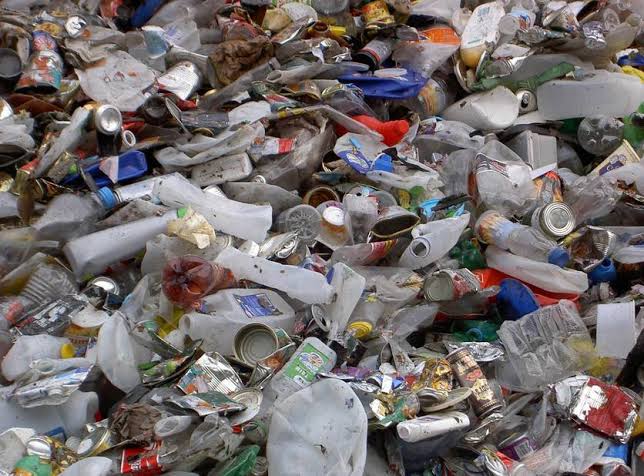The Top Polluting Industries Globally

The climate emergency is by now common knowledge, as scientists’ fears over theoretical changes to Earth’s ecology have been rendered a shocking reality. With the number of cataclysmic weather events continuing to increase, species on the verge of extinction and the ‘point of no return’ inching ever closer, the burden of responsibility has shifted from individual habits to governments and industries.
New accords and agreements seek to mitigate the effects of climate catastrophe and to prevent further damage through the elimination of pollutive processes.But some industries are far more responsible for global pollution than others, and hence under greater pressure to transition to cleaner processes. The following examples are three of the largest polluting industries globally, and the reasons for their disproportionate contribution to climate catastrophe.
Agriculture and Food Production
The global agricultural industry is responsible for more than a quarter of greenhouse gas emissions, due to a variety of factors and processes. Livestock produce a large amount of methane, while food processing and packaging are a leading source of air pollution from industrial machinery.
Transport within agriculture is also a significant contributor, with thousands of articulated lorries releasing CO2 in the transportation of livestock and processed foodstuffs – let alone the carbon footprint left by reliance on aviation for the international transport of produce. A decreased reliance on international suppliers of produce can help alleviate the footprint of agriculture by country, while an overall reduction in the sales of meat products can help shrink the livestock industry to a more manageable, less pollutive size.
Fossil Fuel Industries
Fossil fuels are one of the primary sources of carbon dioxide and by far are the biggest single contributor to the climate crisis. While many industries contribute to pollution as a result of reliance on fossil fuels, fossil fuel organisations themselves are considered responsible for the majority of greenhouse gas emissions on the planet.
Not only do fossil fuels release CO2, but also harmful toxins that can choke local and continental ecosystems. Air pollution in urban environments has been directly linked to increase the likelihood of cardiovascular disease in humans, making the elimination of fossil-fuelled processes a priority.
Transport
The key way in which urban air pollution is generated in the modern age is via transport. With more vehicles on the road than ever before, carbon emissions from private transport are at an all-time high and growing. The new availability of all-electric vehicles and an upcoming government ban on the sale of new vehicles with internal combustion engines are promising developments in terms of direct air pollution. However, they otherwise serve to offset the burden on the climate to electric power plants.
Individual solutions can be found in increased uptake of public transport solutions, or the embracing of cycling as a viable alternative form of travel. Government and local councils can facilitate this change by instituting infrastructural change, from the introduction of new cycle lanes to the pedestrianisation of city centres.




